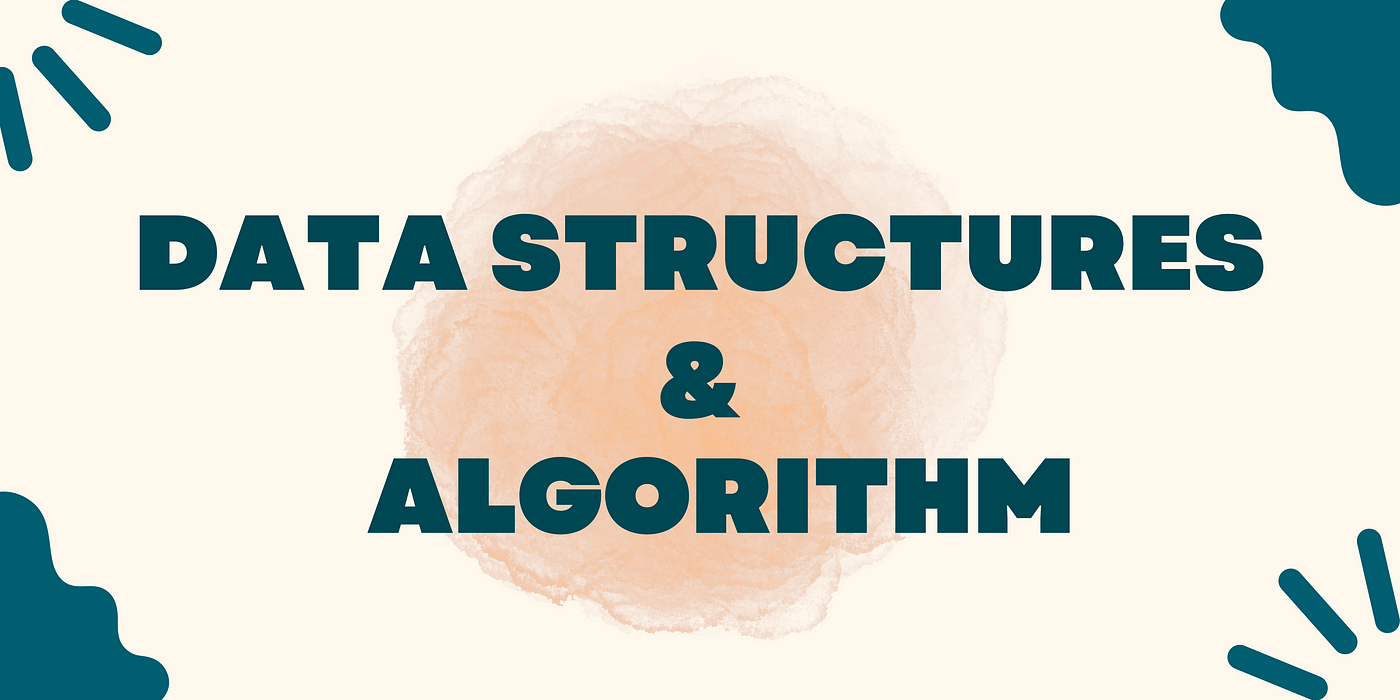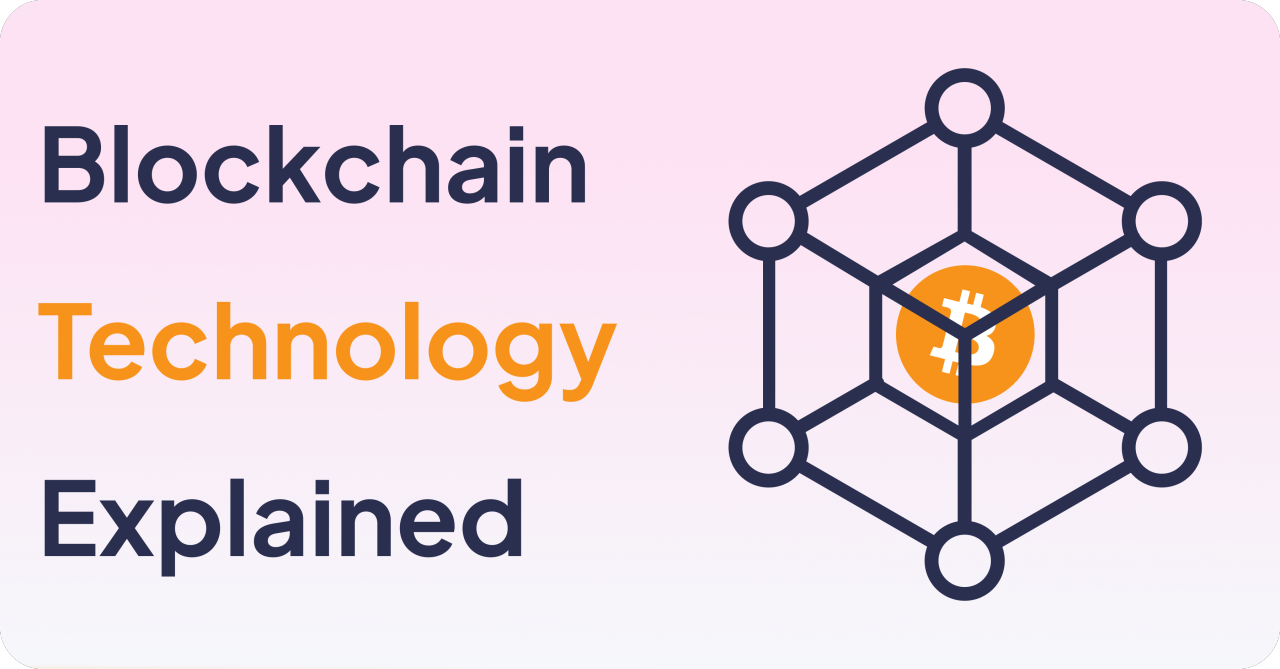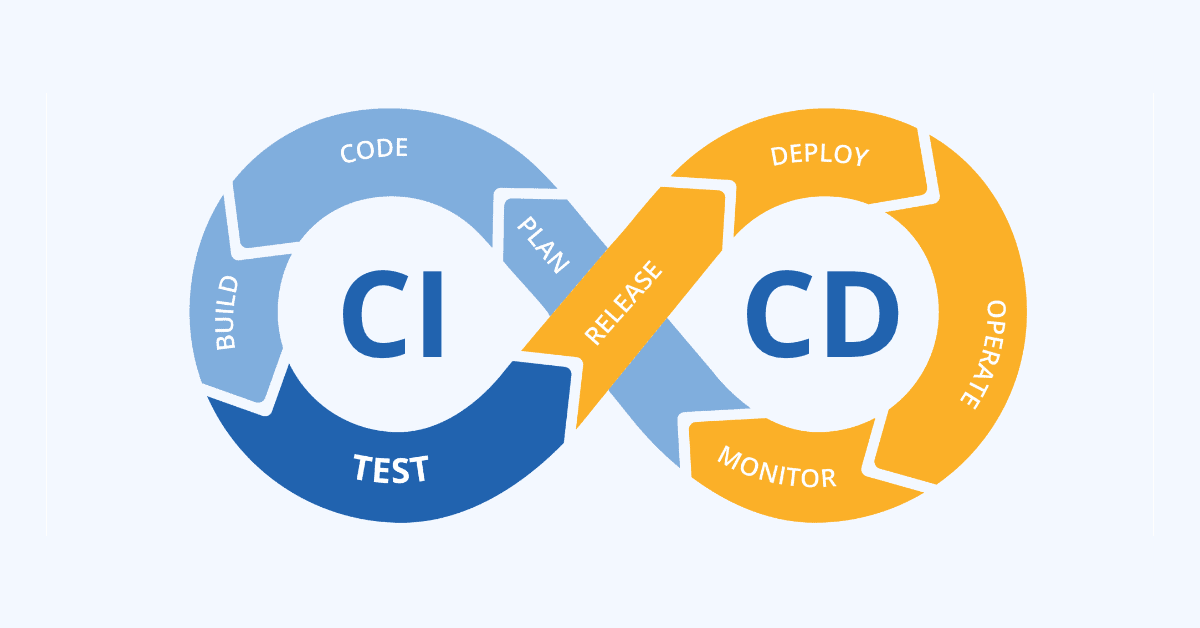Introduction:
The rapid evolution of technology, demographics, social changes, environmental shifts, and globalization have brought about a paradigm shift in the way we perceive and engage with work. As machines increasingly take over routine and labor-intensive tasks, the future of work is undergoing a transformative process. The nature of work will change, and platforms will play a vital role in distributing work to the right person or team, regardless of location constraints. This will lead to a more flexible and globalized workforce, where talent is matched with opportunities, rather than jobs being tied to specific locations.
In this article, we delve into two key aspects - the "Future of Work," focusing on the organization of work, and the "Work of Future," exploring the division of tasks between humans and machines.
Future of Work - Organizing Work in the Digital Age
In a world where routine tasks are automated, the future of work centers around knowledge-based activities. Humans will be tasked with jobs that require creativity, critical thinking, and emotional intelligence - areas where machines currently fall short. This shift will necessitate a reorganization of how work is structured.
GenZ Expectations:
The next generation of workers, Generation Z, has unique expectations for the future of work. They value flexibility, autonomy, and purpose in their work, and they are more likely to prioritize work-life balance and personal growth. Organizations must adapt to these expectations to attract and retain top talent.
Decentralized Workforce:
With the majority of jobs being knowledge-based, the concept of a centralized workforce becomes obsolete. Location independence becomes a key feature, allowing individuals to contribute their expertise irrespective of geographical boundaries.
Platform-Driven Work Allocation:
The future of work is intricately tied to platforms that connect companies with skilled individuals globally. AiDOOS, a Future of Work platform, exemplifies this shift. It acts as a conduit, seamlessly connecting companies with the right talent, irrespective of their location.
Job Creation:
The World Economic Forum's Future of Jobs Report estimates that 97 million new roles may be created by technological development globally by the year 2025. These jobs will require new skills and expertise, driving a global shift in workforce development.
Work of Future - Humans and Machines in Harmony
As machines take over repetitive tasks, humans are left to focus on tasks that demand creativity, adaptability, and nuanced decision-making.
Knowledge-Based Work:
Humans will engage in roles that require deep domain expertise, complex problem-solving, and strategic thinking. AiDOOS plays a crucial role by ensuring that the right person or team is assigned tasks that align with their specialized skills.
Work on the Move:
The future of work involves a more mobile workforce, where individuals can contribute from anywhere. AiDOOS facilitates this by enabling individuals to work on projects regardless of their physical location.
Logistics and Technological Advancements:
Advances in logistics and communication technologies make it possible for seamless collaboration across borders. AiDOOS leverages these advancements, ensuring that projects are completed efficiently by tapping into a global pool of talent.
Collaboration:
The future of work will involve more collaboration between humans and machines, as well as between individuals working remotely or in different locations.
Conclusion:
The future of work is not just a matter of how work is organized but also about the types of tasks humans engage in. The transition to knowledge-based work and the collaboration facilitated by platforms like AiDOOS mark a significant inflection point. As we embrace this evolving landscape, it becomes evident that the future of work and the work of the future are intertwined, creating a dynamic ecosystem where human potential and technological capabilities coexist harmoniously.




